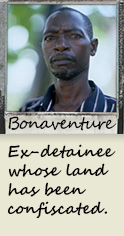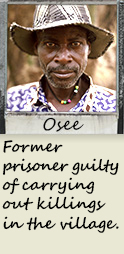

| Alphonsine |
| Alphonsine, 49, was accused of looting during the genocide, and her husband served a 15-year term for murder. She was acquitted by traditional “gacaca” community courts, but lives in dire poverty and struggles to feed her children and grandchildren. She is unable to pay back the money she has borrowed. Alphonsine belongs to Rwanda's class of farmers who grew poorer in the aftermath of the genocide. She is trying to find a way out of poverty, even though her husband is unemployed. |
| Bonaventure |
| Bonaventure Mukinisha, 47, is a former prisoner who confessed his guilt in a traditional “gacaca” community court. After his land was taken away from him, he built his house on his mother's plot in the middle of the village, but it's not enough to feed his family, so he tills several plots of land and is at the head of an organisation of farmers. Like other prisoners who have been released, Bonaventure is struggling to make a new place for himself in the community. |
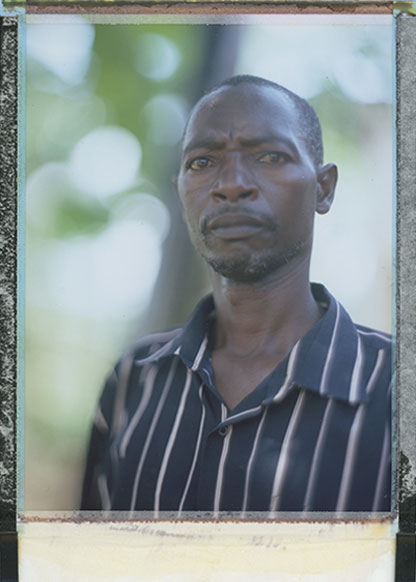


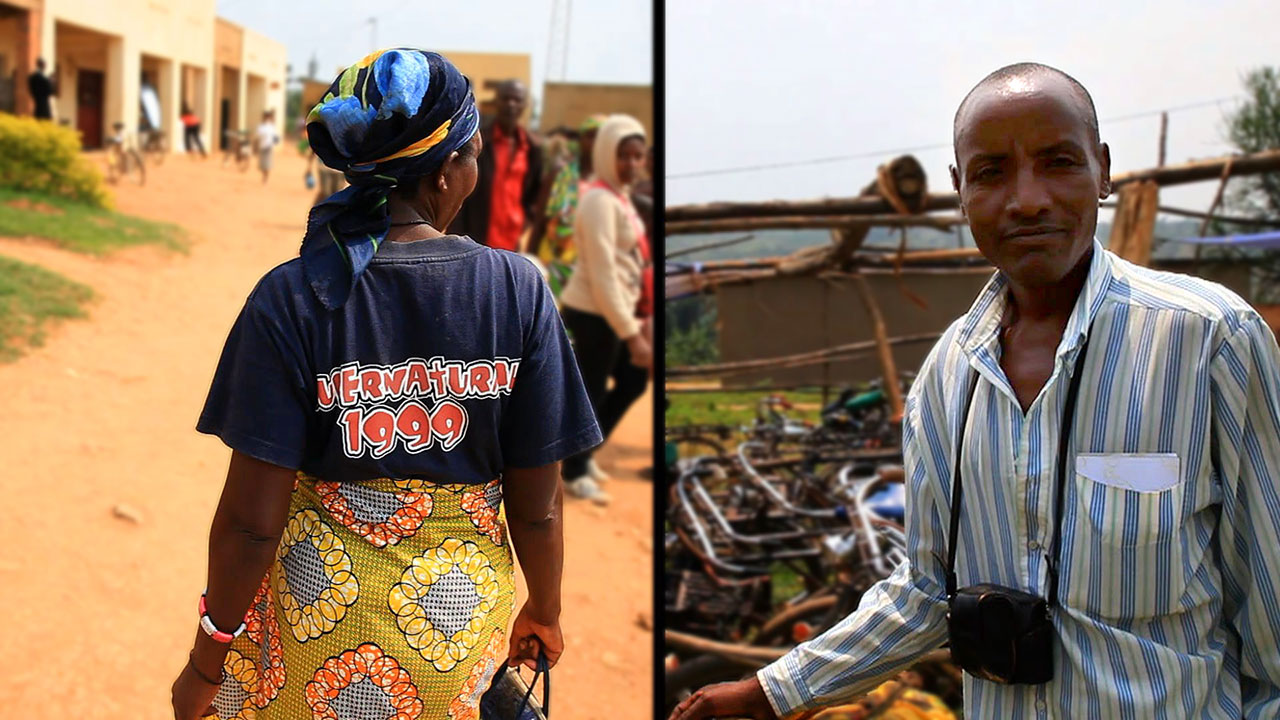

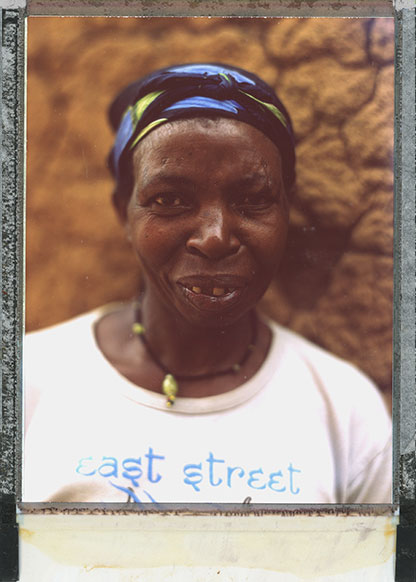




| Interacting through photographic portraits |
 |
| Nowadays in Rwanda, it's very difficult to openly discuss certain matters. Referring to any type of ethnic identity can lead to jail, as can criticising the government's development policies. Rwandans are also shy about publicly expressing personal opinions, which is why the project based itself on individual portraits, taken behind closed doors. In order to break down barriers with witnesses, to make interactions more lively and more intimate, and to focus on each person and their story, regardless of their ethnic or social group, the project used a specific photographic concept. The concept of Polaroid and “unique” photo was made possible thanks to a 1937 camera (Speed Graphic + Aero Ektar lens + Fuji film), with the photo being developed immediately. Two shots were taken each time: one print was given to the person who was photographed, and the other was included in this project. Thus interactions centred around the shots taken by artist and photographer Arno Lafontaine. |











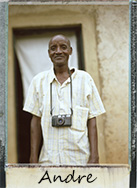
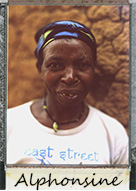
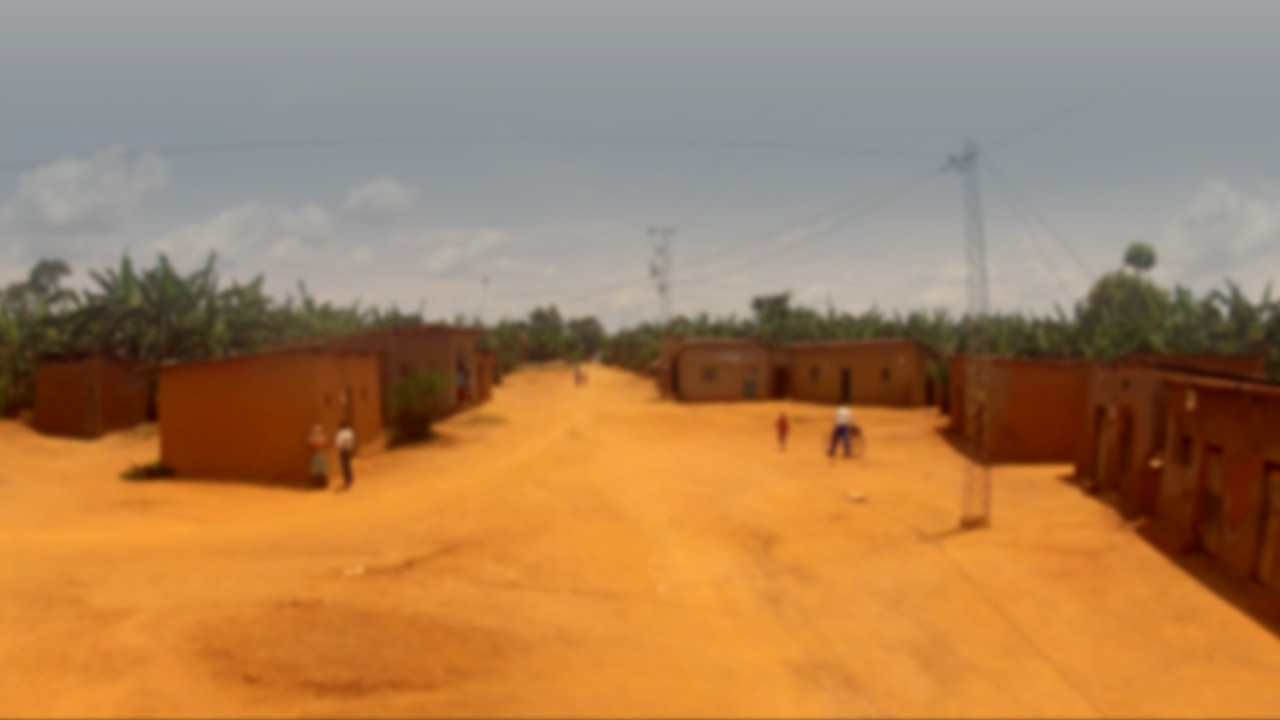
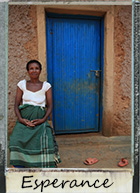
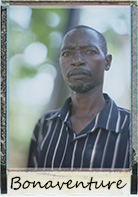
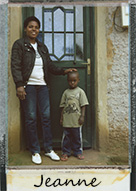
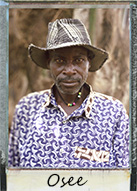










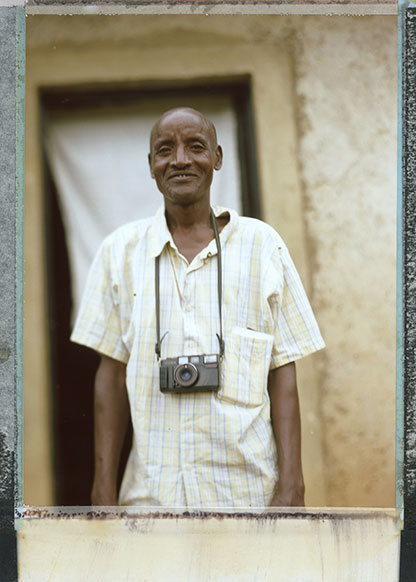
| Andre |
| Andre Mukwiye, 45, is a Tutsi born in exile in Burundi. In 1990, he joined the Rwandan Patriotic Front (RPF), whose military campaign ended the 1994 genocide and who took power in the aftermath. Using government subsidies, he was able to buy land near the village and rent it to small farmers. Andre is one of Rwanda's “returnees”, Tutsis born abroad, who received land. They are sometimes resented, even by survivors. |




